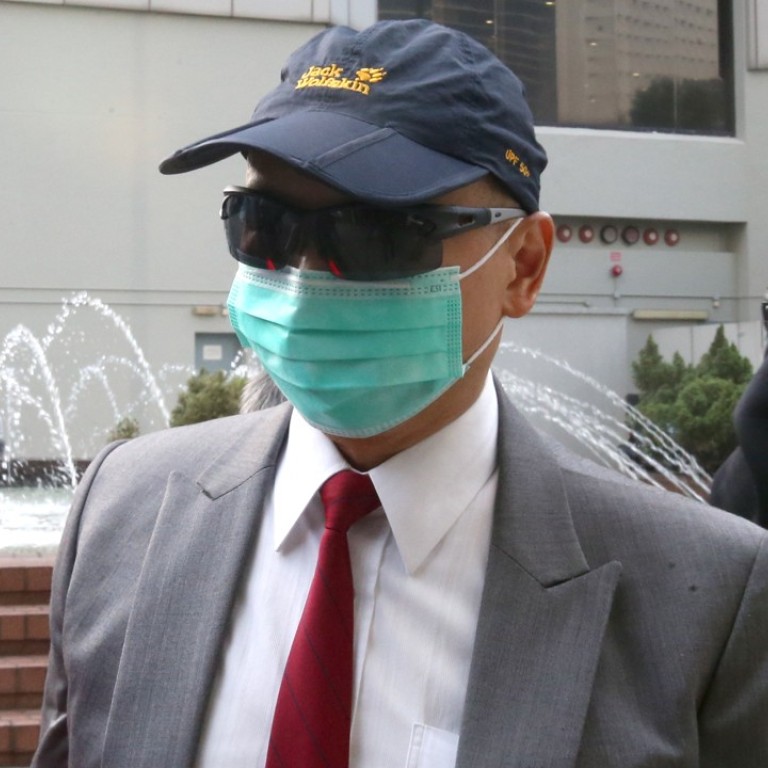
Medical beauty sector in Hong Kong must be regulated
How many more deaths will it take before the government acts to regulate the medical cosmetic treatment industry?
It is estimated that there are more than 10,000 medical beauty centres in Hong Kong. When the pursuit of beauty is coupled with a lack of regulations, the burgeoning growth of the industry should come as no surprise. Some customers are duped into receiving high-risk beauty treatments with either no knowledge of or no regard for the health risks.
In 2012, the death of a patient who received an unproven cancer treatment brought to light the lack of regulations over medical beauty services that come with high risks.
The government in response formed a steering committee to review regulations of private health care facilities. Since then, no action has been taken.
Five years on, the perpetrator was sentenced and the beauty industry continues to flourish. Unscrupulous operators are raking it in, taking advantage of the health-conscious mentality of many people in Hong Kong.
A survey conducted by the Consumer Council in 2016 revealed that nine out of 10 people who underwent beauty treatment requiring medical procedures had been treated by beauticians instead of doctors. Oddly enough, despite calls for regulations, no action has been taken.
The government has essentially caved in to the strong opposition from the industry which insists on self-regulation. How does self-regulation work well with a profiteering mindset?
A regulatory regime aims to safeguard consumers, not to undermine the whole sector. The imposition of rules is in its interests, as it gives consumers transparency.
The law should reflect the latest market trends and plug loopholes. Advances in cosmetology necessitate constant reviews to ensure safeguards are effective.
To overhaul the industry, there has to be a legal definition for medical beauty procedures which distinguish them from general beauty services. What is important (for the purposes of certification) is that there is a distinction between procedures which can be carried out by a beautician and by a doctor.
A list of procedures with their potential health implications and potential risks should be made available. A licensing regime also involves putting in place quality control and compliance checks, alongside rules governing promotion and publicity.
If the government continues to drag its feet, there are likely to be more accidents. Ensuring customers get the necessary protection should not take a back seat to the vested interests of the medical beauty sector.
Borromeo Li Ka-kit, Tseung Kwan O

